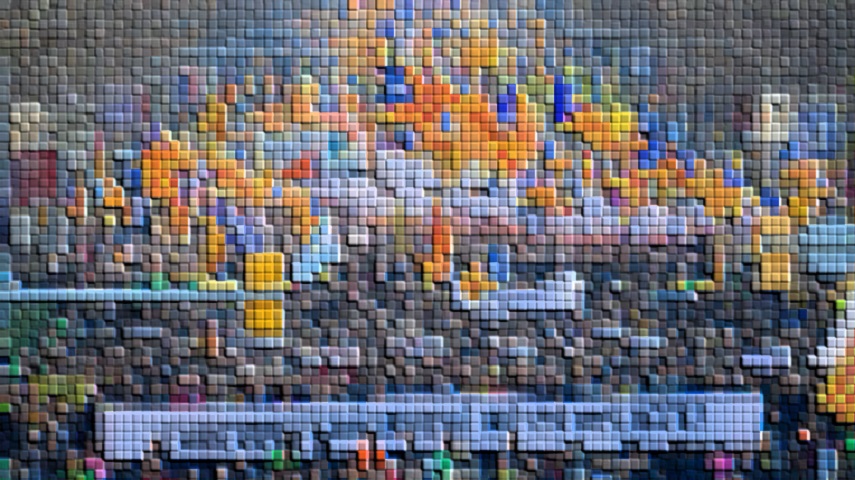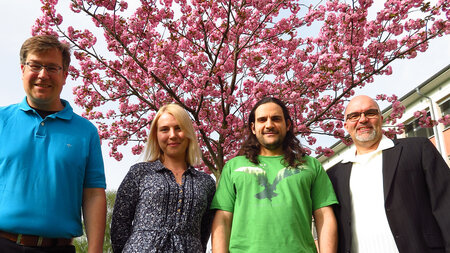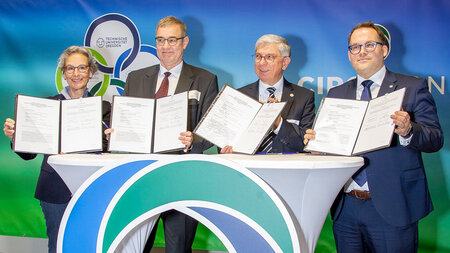Culture in transition
Cultural Approaches to Catalan Studies
Cultures are in constant flow and do not observe territorial boundaries. If change characterizes societies qua natura, current processes of migration, mobility and digitization intensify social and cultural transformations. Those processes produce contradictory responses at a global level, with a tendency to polarize domestic conflicts, frequently resulting in irreversible societal divides. In this context of social controversy, culture becomes a bone of contention between particularistic and cosmopolitan cultural concepts.
Catalan society is also undergoing profound changes. Spain’s democratization process since 1975 – launched under the banner of consensus and culminating in the 1978 constitution and the Catalan autonomy statute of 1979 – brought about an explosion of cultural and linguistic development for Catalonia. From school education to the book market, cinema, television, theatre, the press and cultural affairs, cultural productions in Catalan have grown exponentially over the last four decades. These artefacts give an account of cultural and societal changes, such as the emergence of new concepts of Catalan collective identity in the context of Spain’s political decentralization and increasing Europeanization; the pursuit of gender and social equality; the role of immigration in the creation of a modern and cosmopolitan society; the end of the consensus politics of Spain’s democratic transition and the questioning of the encaix possible between Catalonia and Spain – to name but a few aspects of social change that are reflected in cultural productions.
Such phenomena, which arise from the intersection between politics and culture, have been the privileged focal point of cultural studies since the Centre for Contemporary Cultural Studies was established in Birmingham in 1964. The theory that has been generated since then has proven particularly helpful in approaching contemporary manifestations of cultural change. Whether social constructivist research on nationalism, identity and alterity theories, gender studies, theories of memory or cultural urban studies – all these theoretical paradigms help to explore current social and cultural phenomena in Catalonia.
The 27th German-Catalan Conference, which will take place in September 2020 at Chemnitz University of Technology, invites us to place Catalan studies within the context of cultural and interdisciplinary research. What potential for renewal do cultural studies paradigms offer for Catalan studies, which emerged within the classical tradition of language and literary studies? How is research within Catalan studies changing in the context of the emerging Iberian studies? Since culture is created through social communication processes and literature is one of the most powerful vehicles of culture, dialogue between linguistic, literary and cultural studies approaches is indispensable if we are to understand the complex phenomena in contemporary Catalonia. We would like to encourage this dialogue and call for interdisciplinary work within the panels.






